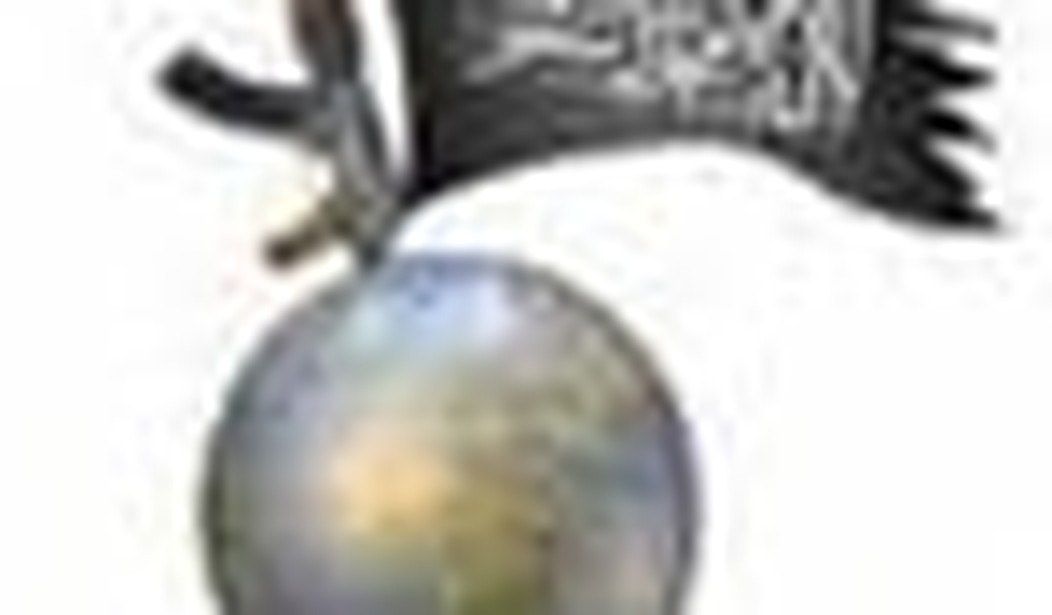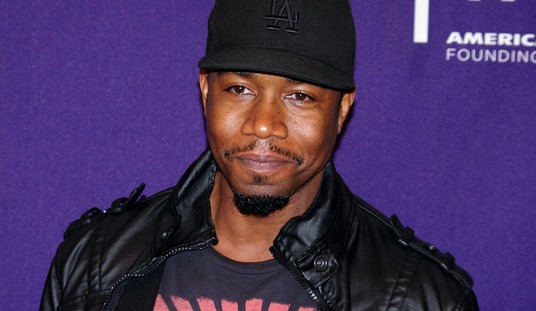It barely made the news.
On the evening of August 8, a suicide bomber wearing a belt full of explosives approached the exterior walls of the French embassy in Mauritania’s capital city of Nouakchott. He shouted “Allahu akbar” and blew himself up. Two embassy security guards, or gendarmes, and another person were injured.
Ten days later, al-Qaeda’s North African arm — al-Qaeda in the Islamic Maghreb (AQIM) — claimed responsibility. Reuters identified the bomber as a local jihadist named Abu Obeida Musa al-Basri.
The Islamic Republic of Mauritania is one of those countries that 99 percent of the people on the planet outside of Mauritania would not be able to place on a map. Located north of Senegal and south of Western Sahara and Algeria, it is one of the poorest, most illiterate, most draconian places in the world. Slavery, allegedly outlawed in the 1980s, remains in full bloom. Former Mauritanian slave and human rights activist Boubacar Messaoud recently told legislators in Washington that an estimated 500,000 people among the country’s population of 3.3 million still live as slaves.
What a perfect place for al-Qaeda to sow seeds. But why now?
Six weeks ago, an American missionary named Christopher Leggett was shot in the head and killed as he crossed the street in Nouakchott, Mauritania’s capital; al-Qaeda claimed responsibility. In 2007 four French tourists, including two children, were killed in the southern Mauritanian town of Aleg; three AQIM jihadists are awaiting trial. But before the French embassy was attacked, there had been no suicide bombings on record in the country.
“This operation came in reaction to the hostility of the Crusaders — led by France — and their apostate agents against Islam and its people,” AQIM declared in a statement earlier this week, which included photographs of the now dead suicide bomber posing with weapons on a desert backdrop.
Targeting France is a leap from AQIM’s earlier stated goal, which focused on targeting Jews and Americans. The Jamestown Foundation reports that AQIM leader Abu Anas Abd al-Rahman al-Shinqiti recently appeared in a video denouncing any form of democracy in Mauritania and promising attacks on Western facilities throughout North Africa for meddling. “Democracy will lead to Jewish-American occupation [of Mauritania] and to the proliferation of the parties of Satan,” he declared.
Positioning France as the new Great Satan appears to have come — at least in part — in response to French President Nicolas Sarkozy’s stance against burqas. In June, Sarkozy told the French parliament that burqas were “not welcome” in France and compared having to wear one as analogous to being in a prison. “The problem of the burqa is not a religious problem. This is an issue of a woman’s freedom and dignity. This is not a religious symbol. It is a sign of subservience; it is a sign of lowering,” Sarkozy said.
Five days later, al-Qaeda issued a statement threatening “revenge” on France. Sarkozy’s statements, al-Qaeda said, were a declaration of war against Muslim sisters and it was therefore their duty to seek revenge “by every means and wherever we can reach them.” Whether or not al-Qaeda’s jihadists can attack France at home remains unknown. But its reach certainly extends to French outposts in Africa, such as the embassy in Mauritania.
Unable to successfully mount large-scale attacks on Western targets, the global network of al-Qaeda has been setting its sights on Africa, which serves as both a recruiting ground and a sanctuary for jihadists. When Mauritania’s foreign minister, Naha Mint Moknass, announced last week that the jihadists who planned the French embassy attack were foreign-born, it became clear that AQIM had succeeded in extending its reach deep into the Sahara.
And with global results. For the first time in forty years, the Peace Corps pulled 45 volunteers and 14 staff out of Mauritania “for security reasons.” Attacks elsewhere in Africa this summer have had significant financial results for the region. As many as 11,000 European tourists who usually visit the fabled city of Timbuktu in Mali (a neighbor to Mauritania) have all but disappeared after al-Qaeda kidnapped a number of people there. In June, one of the kidnapped tourists, a British citizen named Edwin Dyer, was killed. (Dyer was captured in Niger in January and taken to Mali where he was executed.) Tourism used to be “good for the local economy,” Mahamane Dady, an official from the Malian tourism office, told Agence France Presse. Dady continued: “But with the recent problems linked to security in the region, we are crossing our fingers.”
The posh Paris-Dakar race, which has fueled the impoverished region with cash since 1979, was canceled last year and relocated to South America after one too many terrorist threats. Plans to develop a gas pipeline across the Sahara are also now at risk. The Trans-Sahara Gas Pipeline project involved inter-government agreements between Algeria, Nigeria, and Niger and had the support of the European Union. But growing security concerns in Africa have now threatened to derail the project.
The instability in the region has caused the State Department to increase security at U.S. facilities, which in turn, say American diplomats, “has led terrorists to seek softer targets such as hotels, beach resorts, prominent public places, and landmarks.” For this reason, officials caution civilians against traveling to remote areas in Africa. “Terrorists do not distinguish between official and civilian targets,” says the State Department’s webpage.









Join the conversation as a VIP Member